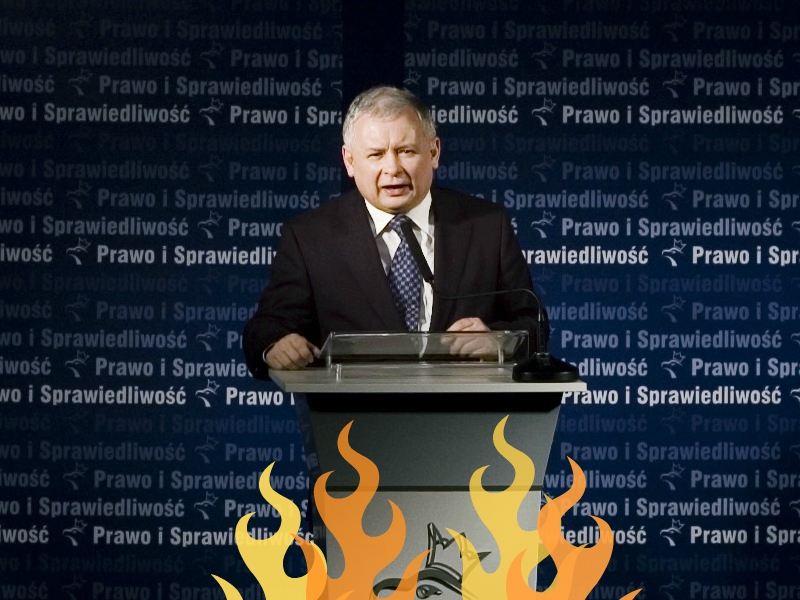
Slovakian Land Acquisition Ban Is a Joke
BY
Martin Vlachynsky / September 14, 2015
Riding on the wave of historical fear, Slovak government quickly came up with a new protective law. In general, it forbids any agricultural landowner to sell land (2000 square meters and more) freely to just anyone. The willing seller has to actively search for an interested local farmer and offer him the land for “usual” price first.











